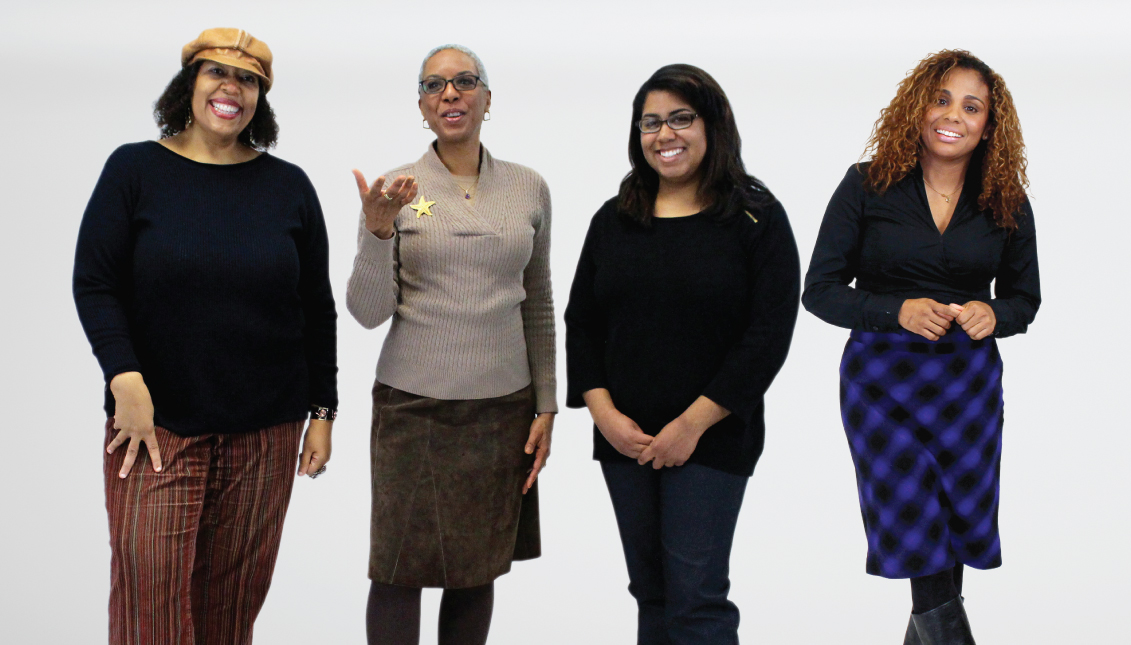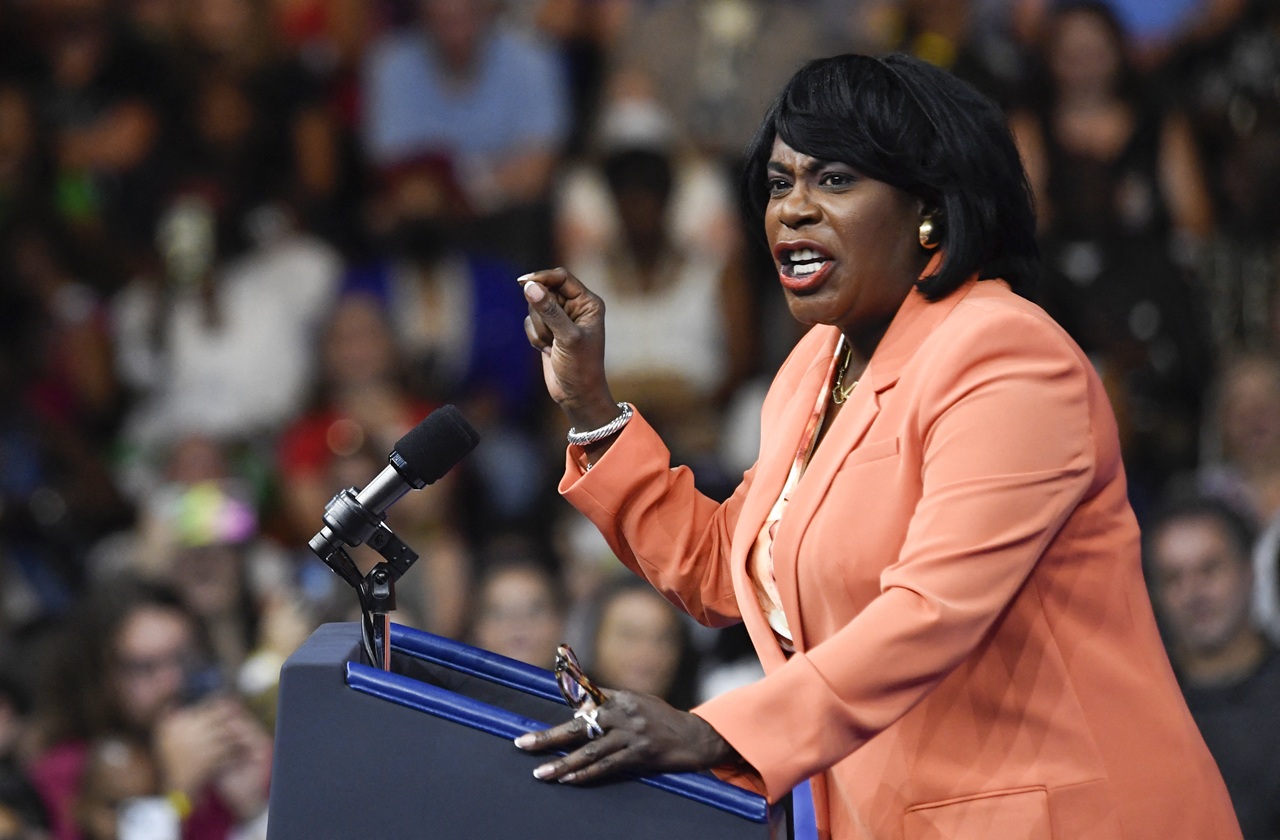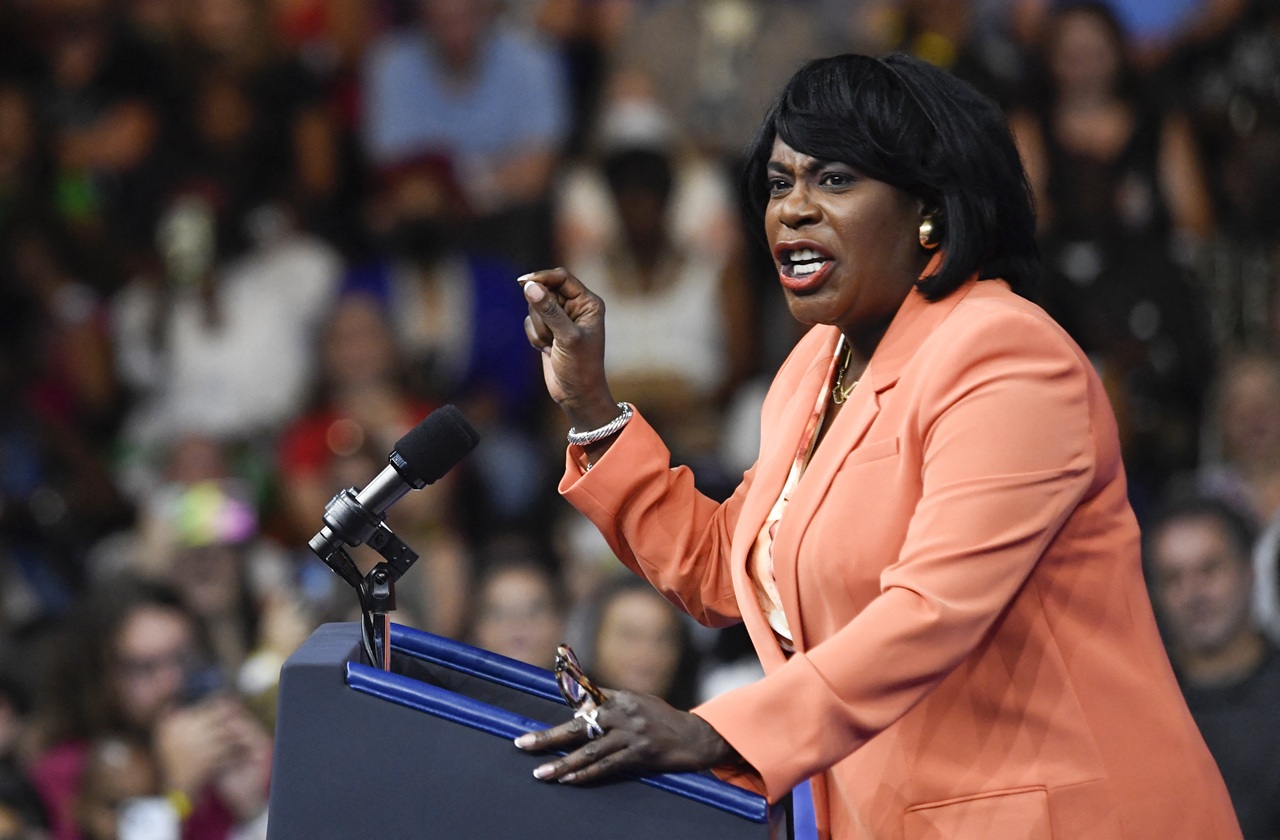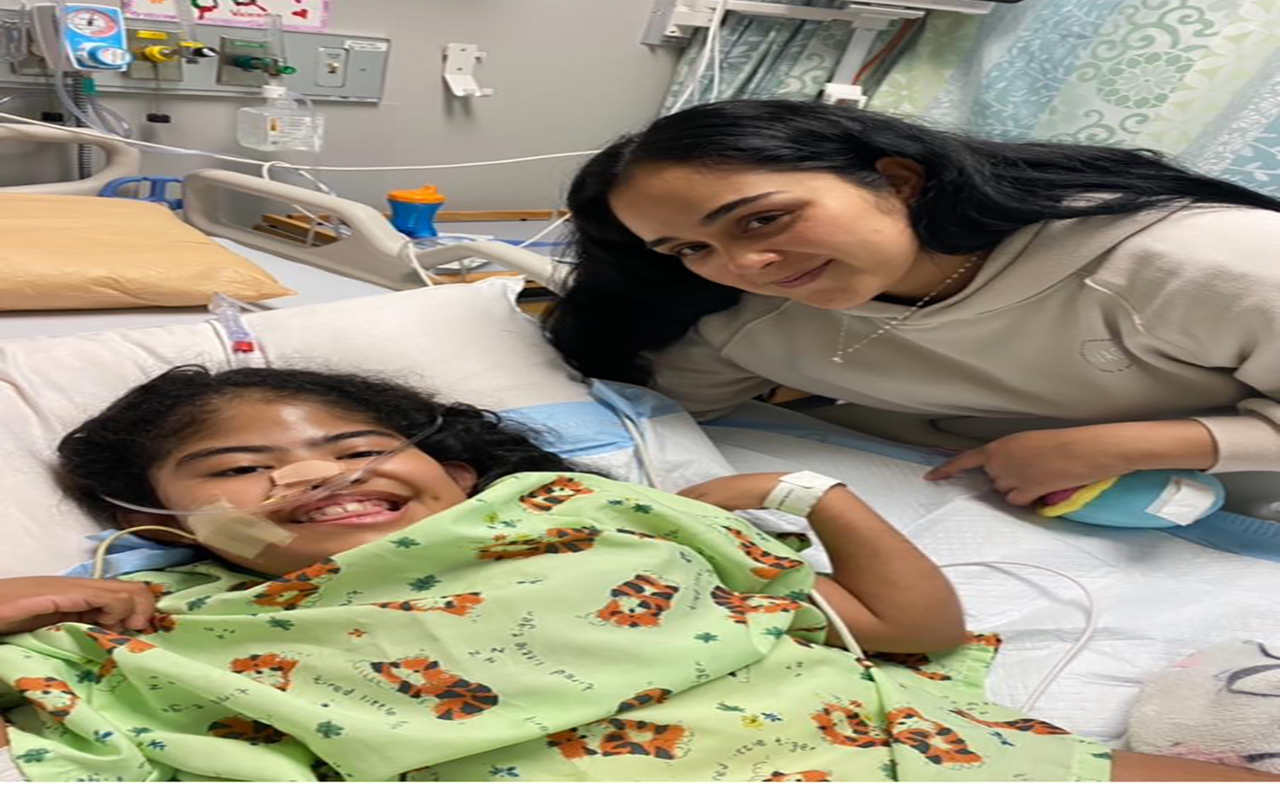
We are more: Being Afro-Latina in Philly
As a community we’re quick to celebrate Afro-Latina talents like Zoe Saldana, Soledad O’Brien and Celia Cruz, but we tend to erase Afro-Latinas who aren’t…
Click on the photos to read more about each individual.
Several years ago two Afro-Honduran teens, Victoria and Sophia Arzú, started Proyecto Más Color to push the Latino media — specifically Univision and Telemundo — into reflecting and representing the racial diversity of Latin America and of Latinos in the United States by including Afro-Latinos among the networks’ news broadcasters and entertainers.
But despite their efforts (and the efforts of others advocating for the same thing), progress has been negligible across most of the Latino media in Latin America and the U.S.
As recently as last week Afro-Latina videographer Dash Harris had turned the trending hashtag #Oscarssowhite into #Latinomediasowhite to illuminate the continued lack.
By some estimates, nearly a third of all Latin Americans are Afro-descendants, and according to the 2010 U.S. Census, 2.5 percent of the 54 million Latinos in the United States identify as Black.
But full 36 percent of Latinos checked “some other race” in the last census count, and Afro-Latinx advocates are now working with the census bureau to provide more racial categories for the 2020 Census, in acknowledgement that racial and ethnic identity is far more mixed and complex for most Latinos than simply Black or White.
In her essay, “Who is Black?” Afro-Latina hip hop activist, commentator and journalist Rosa Clemente wrote: “So many times I am asked why many Boricuas refuse to affirm their Blackness. I attribute this denial to the ever-rampant anti-Black sentiment in America and throughout the world, but I will not use this as an excuse. Often Puerto Ricans who assert our Blackness are not only outcast by Latinos who identify more with their Spanish conqueror than their African ancestors, but we are also shunned by Black Americans who do not see us as Black.”
That Clemente quote serves as the starting point for a two-day conversation about various aspects of the Afro-Latina experience with four dynamic and distinct Philadelphians:
Dr. Sandra Andino is in her 50s and is a cultural anthropologist and associate director of the University of Pennsylvania’s Latin American and Latino Studies Program. She was raised and schooled in Puerto Rico and came to Philadelphia for graduate school. She’s lived in Philadelphia for the past 28 years. In December and January her photos and audio pieces about identity, “Afro-Latino in Philadelphia: Stories from El Barrio.” were exhibited at Taller Puertorriqueño.
Stephanie Renée is in her 40s and is a radio show host and program director for 900AM WURD, the only independently-owned, Black talk media outlet in all of Pennsylvania. She was born and raised in Washington D.C., and came to Philadelphia to study at the University of Pennsylvania. The paternal side of her family is Caribbean.
Yocasta Lora is in her 30s and moved to Philadelphia about 15 years ago from the Dominican Republic. She didn’t speak English when she came to the United States, but within 10 years had earned a degree from LaSalle University while working as a housekeeper. She became the associate state director for community outreach for AARP in 2015.
Samantha Madera was born and raised in Philadelphia. Her father is from Yauco, Puerto Rico; her mother is an African American from Philly. In her 20s, Madera is a Temple University graduate and is a digital assistant and photographer in the Mayor’s Digital Communications Office.
On self-identification
Madera: I identify as both mixed race, and Afro-Latina On many occasions I have been challenged on my self-identification. I grew up feeling like I was never truly accepted by other Puerto Ricans because I was darker skinned, didn’t speak Spanish, and because I wasn’t “100 percent Puerto Rican.” In high school, I wanted to join the Latinas Unidas organization. When I went to a meeting, I felt very unwelcome and I thought that was why. In regards to my Black side, I would get teased about “not being black,” and “sounding white.” From other Black people, the question was always “what are you mixed with?” because to them, I didn’t look like them either.
I grew up feeling like I didn’t fit in on either side. It wasn’t until about five or so years ago that I became more aware that there were others like me. That helped me no longer feel self-conscious. I stopped letting people change my own views of myself and I fully embraced both sides.
Lora: I have always identified myself as Dominican. And, while I see myself as a mix of Latina because of my culture and language, Africana because of my physical features, and American because of my life experiences, it is hard to fit into a neat little box of “Hispanic/Latino” or “African-American” or even “Afro-Latina.”
if you own your Blackness, Latinos shun you. But the African-American community doesn’t necessarily accept you. So you fall between the cracks, not really fitting into either community. Black is a racial identifier, but most people use Black to mean African American. This is why Dominican identity is so difficult to define and understand.... But we are our own people and should accept that we are a mix, that it is a blessing and should not be denied.
I don’t let society’s need to identify me define who I am. I have never let it hold me back or be a challenge to achieving my goals. But I understand the struggle. When I think of my daughter, who is Dominican-American but has the darker Afro-Latina features, I see how she struggles to define herself as Dominicana.
On colorism (and speaking, or not speaking, Spanish):
Andino: Latino communities may question my nationality because they are unaware or prefer to ignore the African presence in Latin America, while other communities such as the African American may be surprised that Spanish-speaking or non-Spanish speaking Latinxs are also Black. ... When I speak of myself as a Black person to an African American, they are pleased to hear that I can relate to the American Black experience. And others find my identity as both Black and Latina as a ‘new paradigm,’ someone or something they've never experienced but that they welcome or want to learn more about. I only experience signs of prejudiced behavior when Latinos and African Americans internalize established preconceived and negative notions, and stereotypes about each other which don't help to advance a better understanding of our commonalities.
Renée: I speak up frequently that people should assume nothing about anyone. Representation is the choice of the person being represented, and you can’t force anyone to fit into your perceptions or definitions. That applies to ethnicity, sexual orientation, socioeconomic backgrounds and plenty more. In NYC, I’m always assumed to be Dominican, so people generally speak to me in Spanish first. Otherwise, people tend to assume that I am mixed (Black/White) and ask which of my parents isn’t Black.
My Afro-Latina comes across very often on the air, especially as I tie in the musical interludes I play between segments with the subjects we discuss on the air. My abuela was a huge part of my upbringing, so I lovingly refer to her, often within the context of conversations about parenting, ethnic identity, immigration and the like. And people in my audience constantly challenge what they deem as my “We Are The World” attitude toward the possibilities of uniting a Black/Brown agenda for Philly and the U.S. overall. Their experience in uniting the two worlds is far less positive than mine.
Lora (laughing): People assume I speak Spanish, I have a heavy accent! But I have seen colorism through my daughter’s eyes. People are surprised to hear her speak Spanish. I have also seen colorism within my family and community. Hearing people make derogatory remarks because of someone’s physical features is so frustrating. I challenge people who look through the lens of color to look beyond it.
Madera: We all have a struggle, and a lot of it overlaps, so I don’t understand why people want to cast others aside. ...
I challenge representation by being aware of my culture. Some people think that because I’m half and half that I don’t know anything about Puerto Rican or Black culture. I grew up eating soul food as much as arroz con gandules and pernil. I spent plenty of time with both sides of my family trying to understand our history and traditions. In terms of language, it’s actually half and half. Half of the places, people assume I speak it and others assume I don’t. Sometimes when I go to my neighborhood supermarket (which is a largely populated by Latinos) the cashiers tell me my total in Spanish because they assume I speak it.
On beauty:
Madera: Growing up, all the mainstream beauty role models didn’t really look like me and were usually of a different race. Even after Latinas became more widely known for beauty, they still didn’t look like me. JLo, Salma Hayek, etc. are light-skinned, curvy women and I wasn’t (and still am not!) light-skinned or curvy. For the Black celebrities, they weren’t as “mainstream” beautiful to others, even though they were just as beautiful. It made me question my beauty growing up and I struggled with it for years. Now that I am more self-aware, things like that don’t bother me and I hope that future generations won’t be affected by it.
Renée: I am constantly in awe of the beautiful spectrum of humanity that is Afro-Latinidad. From the darkest hues and kinkiest hair and everything in between to the fairest of hair and skin, we’re all family. Those who do not see the God or glory in that reality are hurting themselves, not me. I embrace it all. Luckily, I grew up looking at this beautiful rainbow in my own family.
On aging
Renée: Aging, if we’re lucky to be able to do so, should give us permission to cast aside any weighty boundaries that society has given us and just be ourselves. My mother died when she was 39, which is younger than I am now. I have learned not to take anything for granted, and to choose to love me unconditionally. The skills, burdens, accomplishments and challenges are all mine to learn from and apply in a way that can be instructive to others. My ethnicity is just another layer to the mix. Because of, not in spite of, who I am.
Andino: The words or phrases that come to mind as a response to this question are "growing pains," "assertiveness in self,” "comfortable in my own skin,” "aspiring for more,” and "passing on the torch.”
I don't get hung up anymore about "fitting in" or what others think of me, but even at my age, I still experience racist reactions and behaviors (subliminal or direct) in my personal and professional surroundings.
The vestiges of a colonial ideology and supremacist’s views about Afro-descendants still lingers and is perpetuated in many levels of our society, therefore despite my successes and accomplishments in my professional career, my social and political battles are not over!
Lora: The older population is a driver of social change — they are more likely to vote, more likely to volunteer and be involved in the community. They set examples of family values, or beauty and self-awareness for the younger generation, and share in our history and heritage.
As Afro-Latinos, we value our elders, we have a tight family culture, and we often have multi-generational homes. We are more likely to be caregivers for “nuestros padres y abuelos” but we are not aware of the resources available to help us (and help our families) as we age. That’s one of the reasons I appreciate AARP so much — because they are working to raise awareness about opportunities and resources that are available for the Latino population as they age.
On what it means to be Afro-Latina in Philly:
Andino: Being Afro-Latina means being proud of my heritage, of my ancestors, and not feeling ashamed of who I am and where I come from, wherever that may be....
Lora: Being Afro-Latina in Philadelphia has been a wonderful experience, thanks to the city’s richly diverse population. I have learned to love my heritage and educate my family in the process. There is less focus on color, and more focus on opportunity here.
However, I can see that being Afro-Latina in less diverse communities in the U.S. would be a challenge. There is always fear of the “unknown” and people want to label you. ...
For Afro-Latinas, particularly young women who are struggling to learn their place in the world, who are trying to break the barriers of race and ethnicity, who are trying to hold on to their heritage and still assimilate in this country, my advice to you is this: Do not let a label define you. Do not let others define you. You should take every opportunity — and all of the challenges you will face — to not only define yourself, but also to help others define you as an individual — not as a stereotype. Use your education, your family values, your personality, to make a mark that goes beyond your skin color.
Madera: To me, it means understanding the history of my ancestors, being self-aware and embracing my culture.
Renée: Being Afro-Latina in Philly means to seek connection to all that you are, and to bear some responsibility for shutting down the voices of anyone who dares to claim that you have to choose between your roots for political or personal reasons.
These days, especially on the East Coast in the major cities, people almost always assume that you are “mixed” with something. It’s up to you to claim it and/or choose to identify it.
Several years ago, at a Penn alumni conference, I heard a professor from the Latino Studies Department say that her mission was to develop an awareness of the richness of Latino culture that could “defy, and possibly eliminate, the Black-White binary.” That resonated profoundly with me.
To all of the Americans who have allowed themselves to continue thinking of this country and its people in slavery-defined identities, it’s time to step aside, evolve and embrace the true meaning of the melting pot.
Afro-Latino is a real thing, a beautiful thing. And the nuances of our identity are going to reshape American politics and the face of this world for many more years to come.














LEAVE A COMMENT: